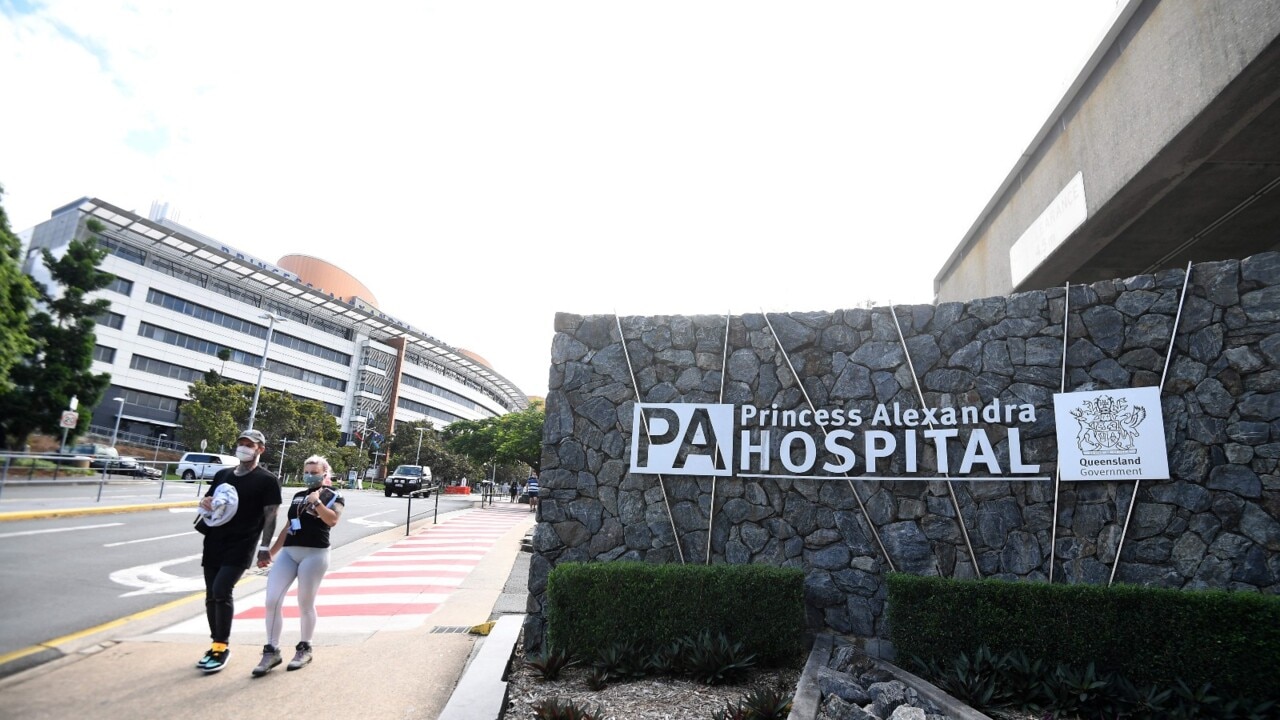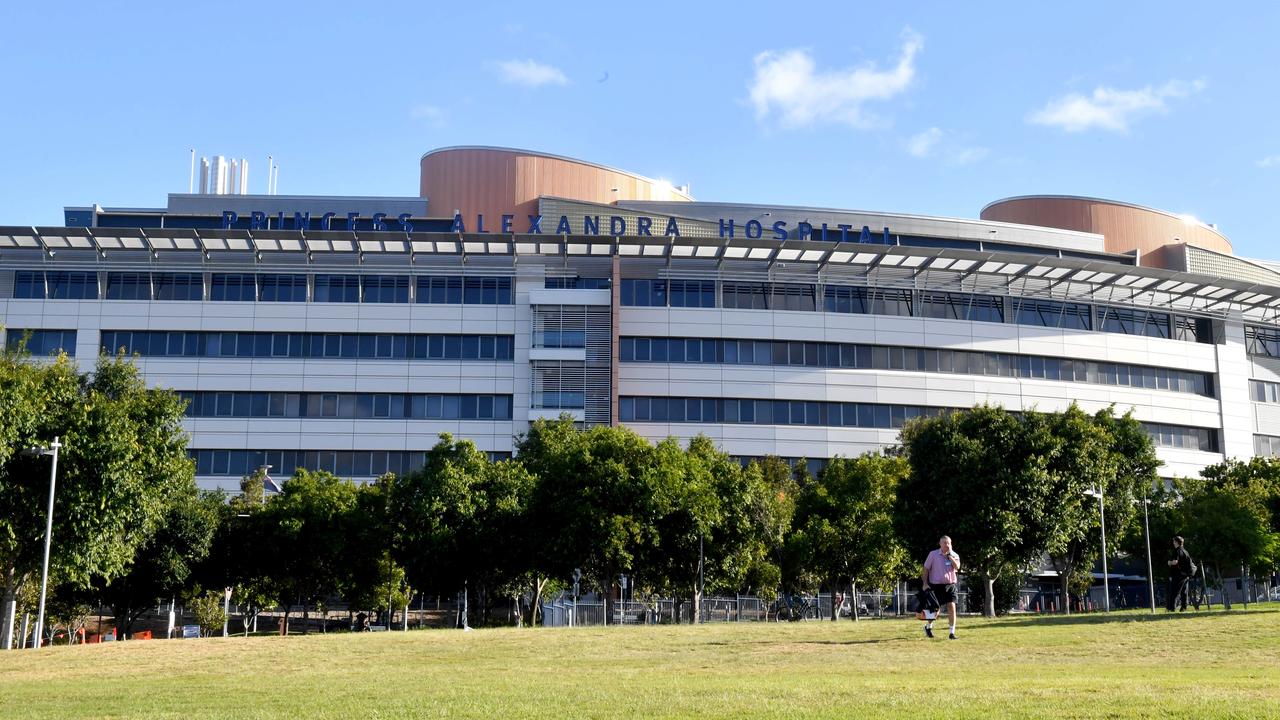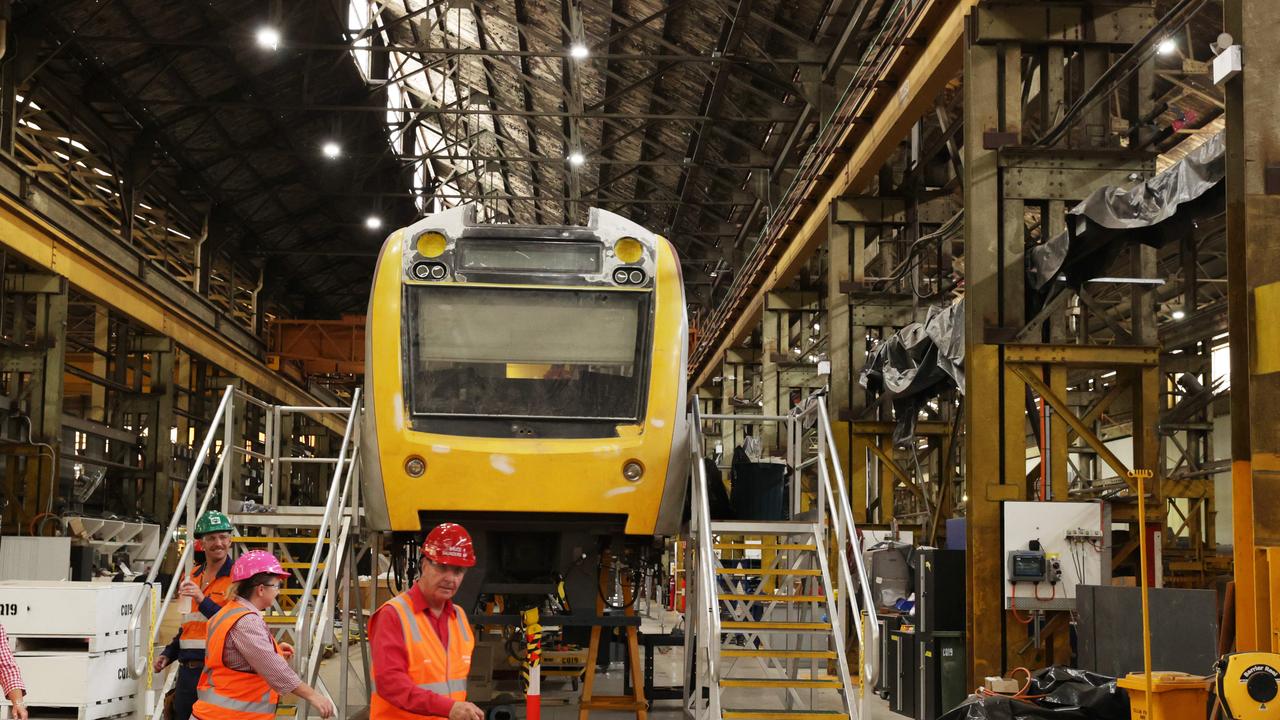Hope for PA Hospital spinal unit patients as cash injection increases
Upgrade of the beleaguered Princess Alexandra Hospital spinal injuries unit has been given extra funding as tenders for work are released.

QLD Politics
Don't miss out on the headlines from QLD Politics. Followed categories will be added to My News.
The upgrade of Brisbane’s beleaguered Princess Alexandra Hospital spinal injuries unit has been given an extra $9m boost bringing the total investment to $30m, with tenders for the rejuvenation of the facility released on Wednesday.
A Courier-Mail investigation last year uncovered horror stories from past patients at the Brisbane facility, where paralysed and vulnerable patients were left to lie in their own faeces, sit naked in front of other patients and subjected to aggressive bowel treatments.
The stories of neglect and degradation in “wartime” surroundings were supported by 2021 Queenslander of the Year Dinesh Palipana, who is an emergency doctor and was a patient at the unit in 2010.
The series of shocking revelations prompted the promise of change from Health Minister Shannon Fentiman.
The minister’s office reports that the improvements to the old building are urgent, interim measures to enhance patient safety while progress continues on planning for the development of a brand-new SIU at the PA.
The business case was recently completed and has been provided to the government for consideration.
In the last year an additional 42 full-time-equivalent frontline staff have been recruited to the unit.

Patients now have access to virtual reality headsets for rehabilitation workouts.
Dr Palipana welcomes the extra cash injection and told The Courier-Mail that he hopes that the upgraded spinal unit will come to life soon.
“These patients are going through the toughest times of their life and a better experience and environment will be greatly welcomed. This is great news,” he said.
The unit’s wheelchair fleet has also expanded and two bariatric pressure relieving mattresses have also been added.
The funding is delivering specific refurbishments requested by patients and clinicians including new bathroom facilities and refurbished patient kitchen facilities to improve accessibility. There will also be improvements to existing outdoor areas.
“I’m incredibly thankful to the patients and healthcare workers who advocated for these much-needed upgrades,” Ms Fentiman said.
“When I met with them last year, they told me how important it was to have a well-designed space to better support patients on their road to recovery.
“The refurbishment works and additional staff are key to ensure patients receive the care and therapy they need while we work through the business case for a brand-new unit.”
More Coverage







